Q: How much life insurance do I need?
The amount depends on your personal and financial situation. A good rule of thumb is 10–15x your annual income, but you should also consider:
- Outstanding debts (mortgage, loans)
- Living expenses for dependents
- Future obligations (college, retirement for a spouse)
- Final expenses (funeral, medical)
A personalized needs analysis is best to determine the right amount.
Q: What's the difference between term and whole life insurance?
Term Life Insurance provides coverage for a specific period (e.g., 10, 20, or 30 years). It’s generally more affordable and ideal for temporary needs.
Whole Life Insurance offers lifelong coverage and includes a cash value component that grows over time. It can be more expensive but offers long-term benefits, including potential borrowing options.
Q: How is the cost of life insurance determined?
Premiums are based on several factors, including:
- Age
- Health history
- Lifestyle habits (smoking, risky activities)
- Policy type and coverage amount
Term length (for term policies) Younger, healthier individuals typically get lower rates.
Q: When is the right time to get life insurance?
The sooner, the better. The earlier you buy, the lower the cost, since premiums increase with age and health risks. Life events that signal it's time include:
- Getting married
- Having children
- Buying a home
- Starting a business
- Taking on long-term debt
Q: What factors should I consider when choosing a policy?
Coverage amount (based on income and needs)
Length of coverage (temporary or lifelong)
Affordability of premiums
Health status
Cash value and investment options (for whole life)
Company strength and customer service reputation.
Working with a licensed agent helps tailor the right policy to your goals and budget.
